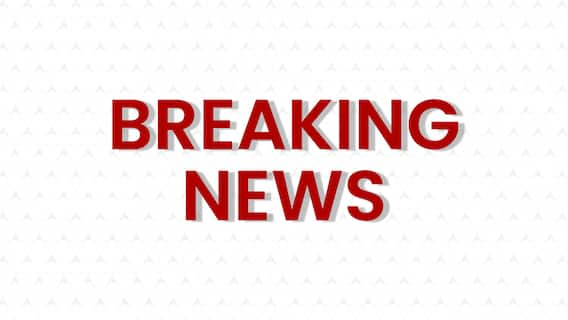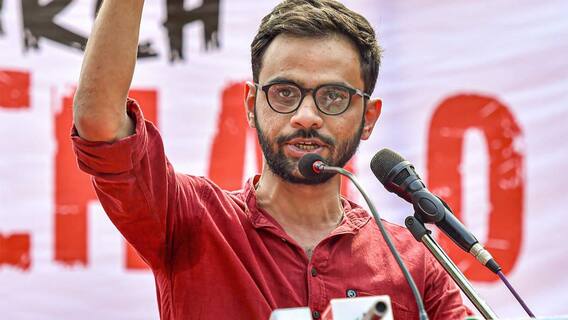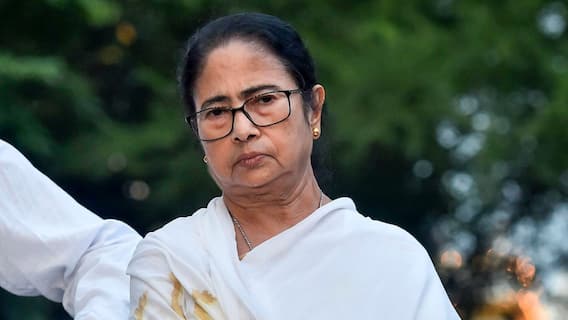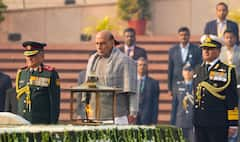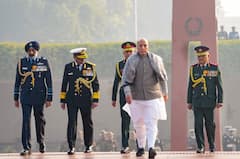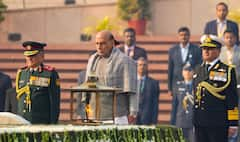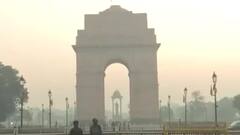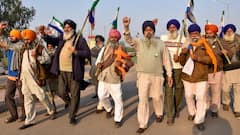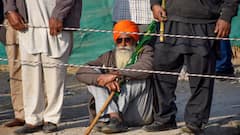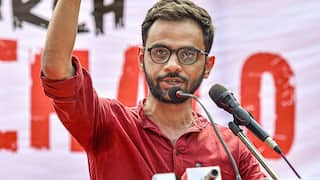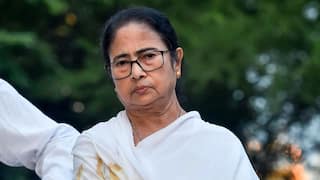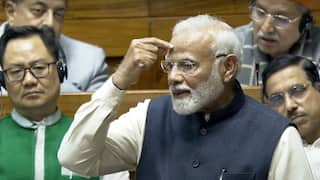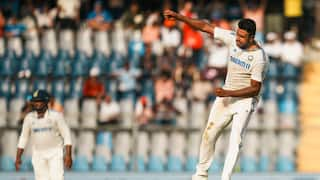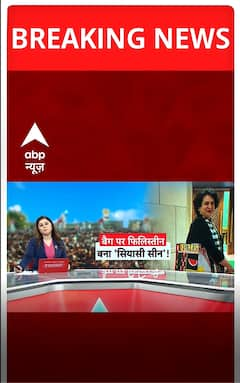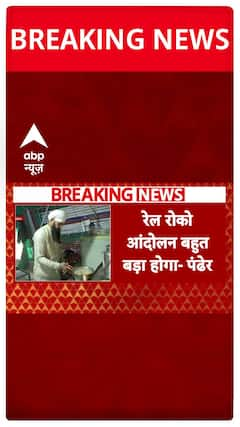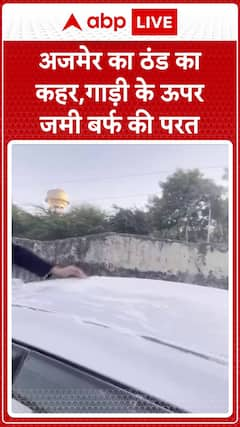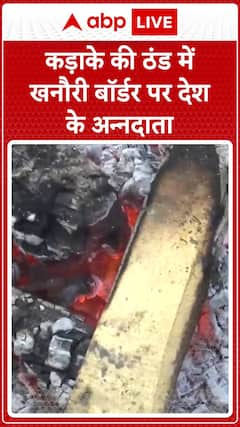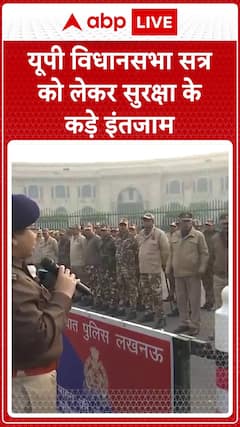'Udhayanidhi Stalin's Case Should Be Heard Outside Tamil Nadu': Supreme Court In 'Santana Dharma' Row
Stalin had moved the apex court after several cases were filed against him across the country over his controversial 'Sanatana Dharma' remarks.

The Supreme Court on Wednesday heard Tamil Nadu minister Udhayanidhi Stalin's petition seeking clubbing of criminal cases registered against him across multiple states over his controversial 'Sanatana Dharama' remarks. Supreme Court judge Justice Sanjiv Khanna while hearing his prayers, remarked that the cases will have to be go outside Tamil Nadu.
A bench of Justices Sanjiv Khanna and Sanjay Kumar heard Stalin's petition and issued notice in the same.
Justice Khanna while passing the order remarked that the case will have to go outside Tamil Nadu and gave Stalin an option to decide which state would be convinient to him.
"You can't be in State of Tamil Nadu, you will have to go out...tell us which is the most convenient state", Justice Khanna said.
The top court today also exempted Udhayanidhi Stalin from personally appearing before the courts.
- Stalin had moved the apex court after several cases were filed against him across the country over his controversial 'Sanatana Dharma' remarks. Today, the top court was hearing his plea seeking clubbing of all cases in one state.
The case pertains to the remarks by Udhayanidhi Stalin who is also son of Tamil Nadu Chief Minister MK Stalin. In September 2023, he made remarks comparing 'Sanatana Dharma' to diseases like 'malaria' and 'dengue'. He further asked for elimination of Sanatan Dharma saying it was rooted in the caste system and historical discrimination.
This triggered a political row and several several criminal complaints were filed against Udhayanidhi.
In a previous hearing a bench of Justices Sanjiv Khanna and Dipankar Datta had remarked that Stalin is not a layman and as a minister he must be aware of consequences of his remarks.
Justice Dipankar Datta while hearing the case asked whether Udhayanidhi Stalin realises the consequences of his remarks.
"...you abuse your rights under Article 19(1)(a) and Article 25 right. Now you are exercising your Article 32 right? Do you not know the consequences of what you said?" Justice Datta asked.
Trending News
Top Headlines





